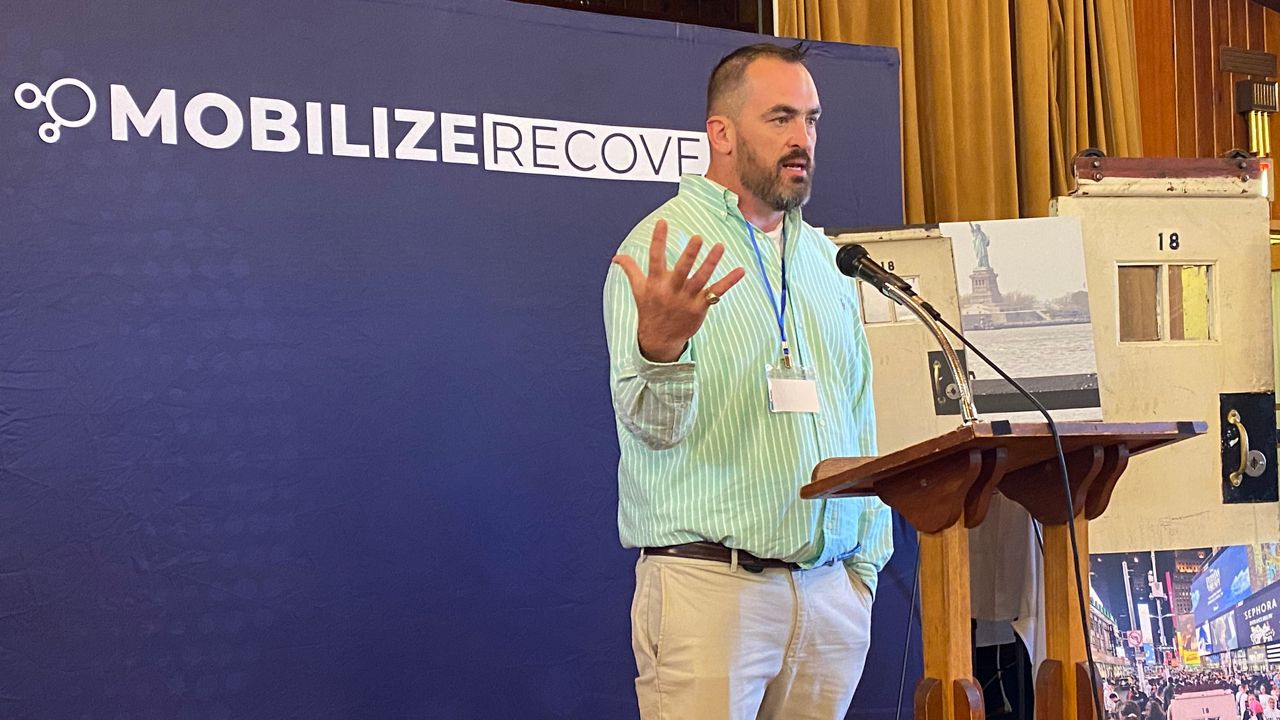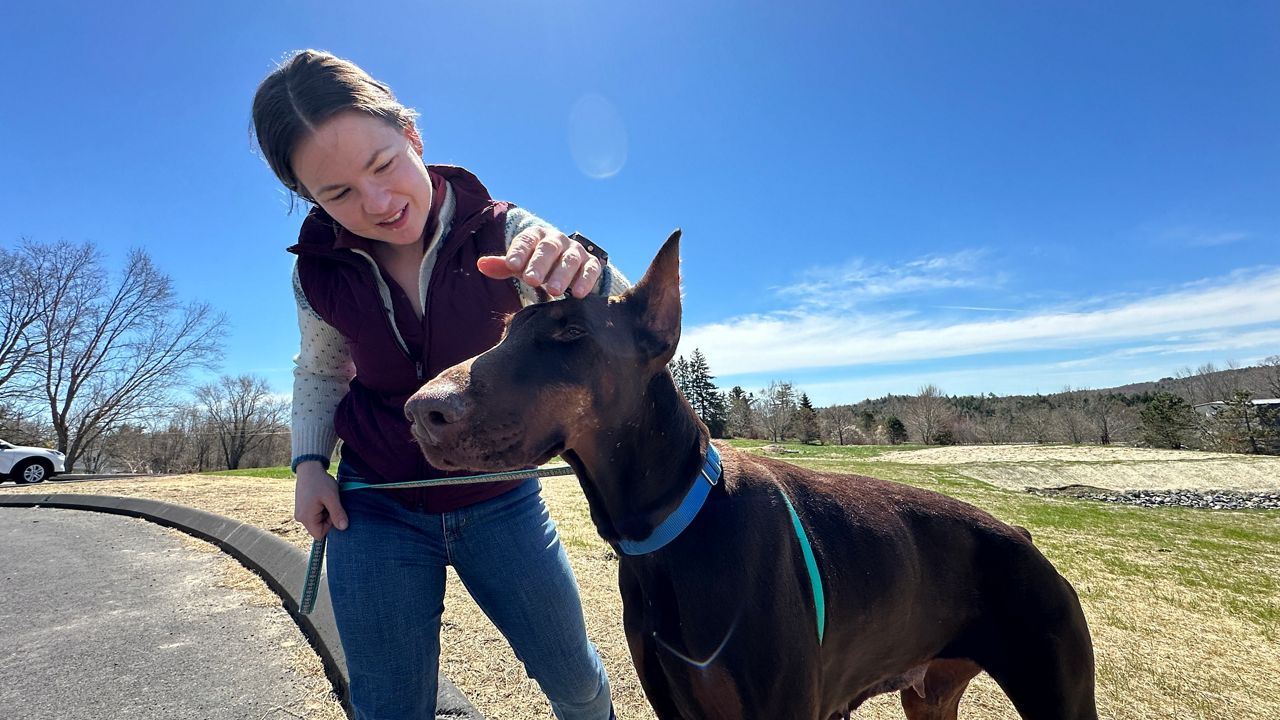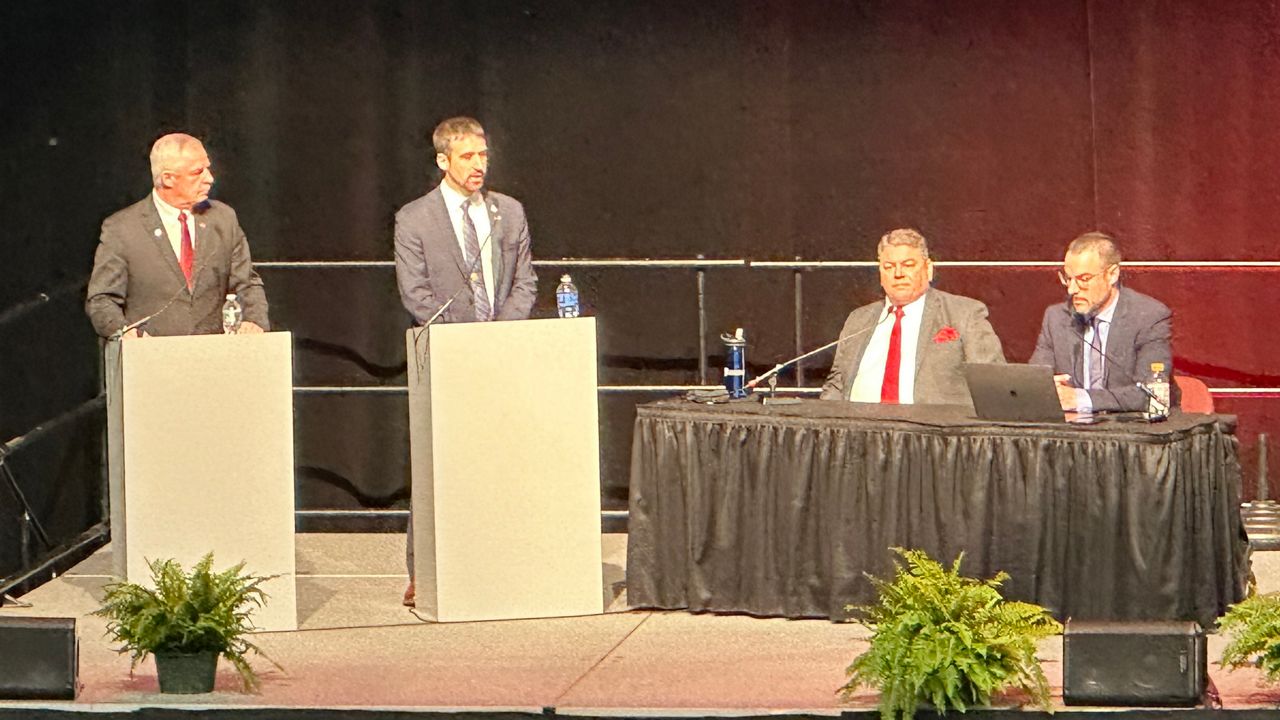Jeremy Hiltz suffered childhood trauma, including being given up for adoption and growing up in poverty.
He turned to drugs to dull the pain and by the time he was 12, he was in juvenile detention. From there, he landed in the Maine State Prison for four years, including time in solitary confinement.
He shared his story Friday at the Mobilize Recovery conference in Augusta.
“Recovery for me changed at one point when I realized I’m recovering from the impacts of trauma in my life and that substances helped with those feelings of trauma,” he said. “When I can recognize that, my story changes. It’s not about the substance I put into my body, it’s about what’s happened to me in my life.”
Today, he is a father, soon-to-be grandfather and founder and CEO of Recovery Connections of Maine, which offers an intensive outpatient program for those with substance use disorder.
Hiltz, others in recovery and supporters came to Friday’s conference to learn more about how to lobby lawmakers for change, tips for speaking to the media, best practices for offering public testimony and training on how to canvass in a community.
The event came one day after Gov. Janet Mills marked International Overdose Awareness Day by talking about the importance of supporting those in recovery.
Maine is in the midst of an overdose crisis that claimed the lives of 723 Mainers last year, said Gordon Smith, director of the state’s opioid response effort.
That number is higher than the 716 deaths often cited for 2022 because of additional test results that have been received, Smith said Friday.
Through July of this year, 366 Mainers are suspected to have died of an overdose, compared to 397 at this point last year, according to state statistics.
Smith offered a note of hope by saying that national statistics show that 60-75% of people achieve long term recovery.
“Those are good odds,” he said. “We could probably get to the point of three out of every four. We want to be hopeful this month.”
September is National Recovery Month, which emphasizes that recovery is possible for everyone, according to the U.S. Centers for Disease Control and Prevention.
A longtime former State House lobbyist, Smith encouraged those gathered to show up in person to legislative committee hearings to tell their stories, to be respectful and to build relationships to get things done.
Aaron Davis, a peer recovery coach with SaVida Health, said drugs stole 20 years of his life. It started with an addiction to oxycontin when he was just a teenager.
“As a confused and broken 15-year-old boy with a plethora of mental health issues, I’ll never forget what my very first introduction to that drug was like,” he said. “It was like tucking into a warm blanket on a cold night.”
From there he tried heroin and other drugs, which led to nearly 10 years in prison.
Davis praised those in the room for being “living proof that we’re worth it, we can make it and we do recover.”








)